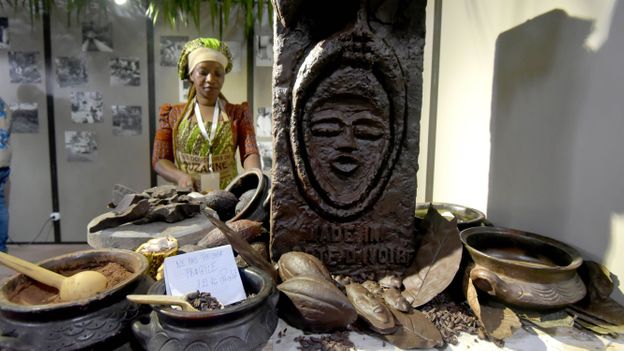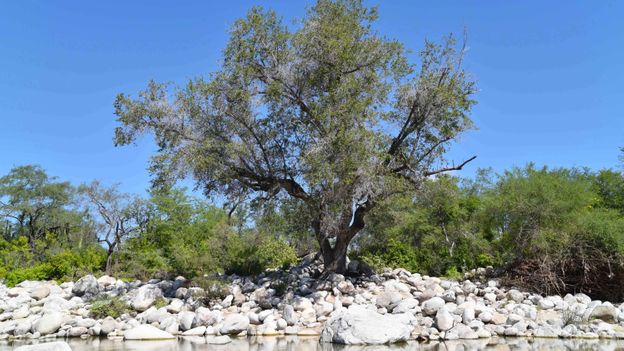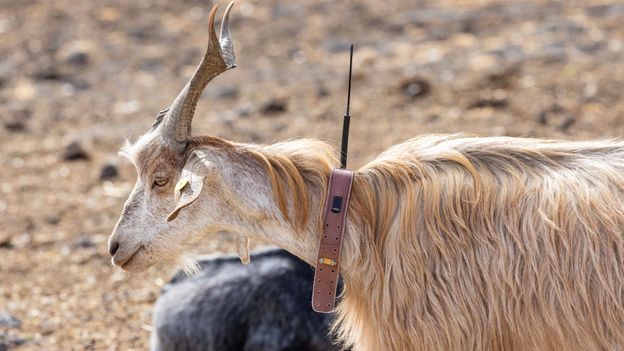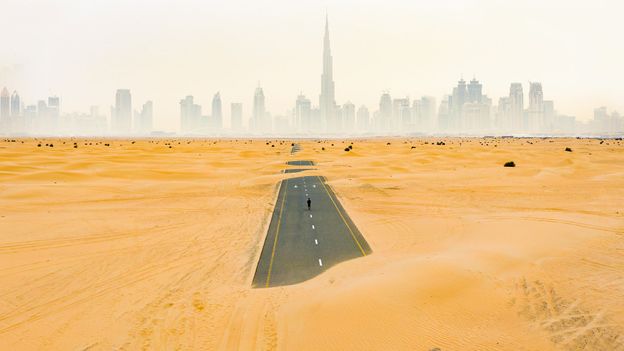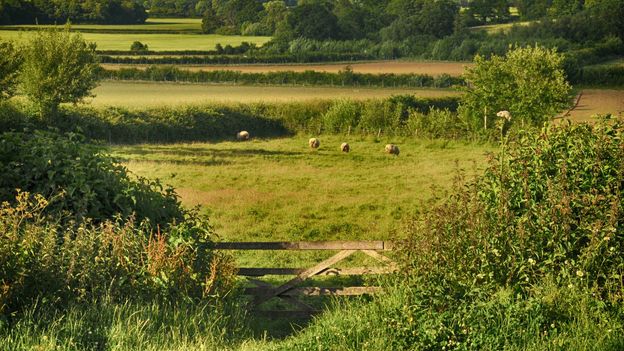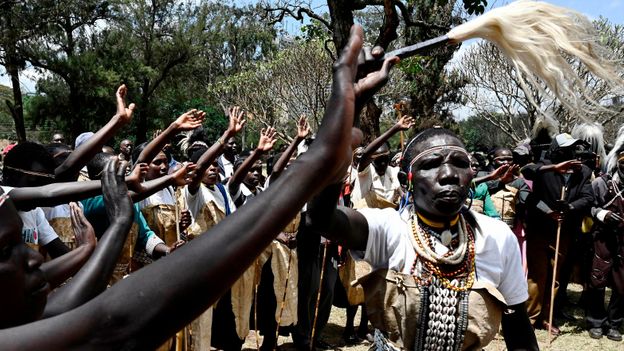Mohammed Adow the founder of Powershift Africa, a thinktank located in Nairobi which has advised governments across Africa on energy issues, says that the Ivory Coast initiative comes at a critical time. “Successful utilisation of these cocoa pods will not only ensure universal access to electricity, but also add value to the cocoa production value chain, in addition to other economic benefits,” says Adow. “Job creation through collection, transportation, storage and processing of the pods will be realised. It will empower many economically.”
Esther Ruto, general manager of Kenya’s Rural Electrification Authority, also welcomes the cocoa power plant. “It’s a good move,” she says, citing job creation and waste reduction as additional benefits of the plant. “Ivory Coast is one of Africa’s success stories with 94% of its population already connected to the national grid.”
Ivory Coast is not the only cocoa producer to put its waste to use. In Ghana, cocoa husks are already being used to generate power on a micro-scale. Researchers Jo Darkwa, Karen Moore and colleagues at the University of Nottingham in the UK have developed a small 5kW generator which runs off cocoa husks. The goal is to bring power to rural areas, where only 50% of people typically have access to electricity. In Ivory Coast, there are also plans for facilities to convert the husks into biodiesel, Ogou says.
Finding more uses for the waste products of one of the world’s most-loved crops could help keep farmers supplying the chocolate industry for years to come – even as climate change makes it harder to grow cocoa. But even within a crop that faces many pressures there is a seed, or rather a husk, of hope.
—
The emissions from travel it took to report this story were 0kg CO2. The digital emissions from this story are an estimated 1.2g to 3.6g CO2 per page view. Find out more about how we calculated this figure here.
—
Join one million Future fans by liking us on Facebook, or follow us on Twitter or Instagram.
If you liked this story, sign up for the weekly bbc.com features newsletter, called “The Essential List”. A handpicked selection of stories from BBC Future, Culture, Worklife, and Travel, delivered to your inbox every Friday.

